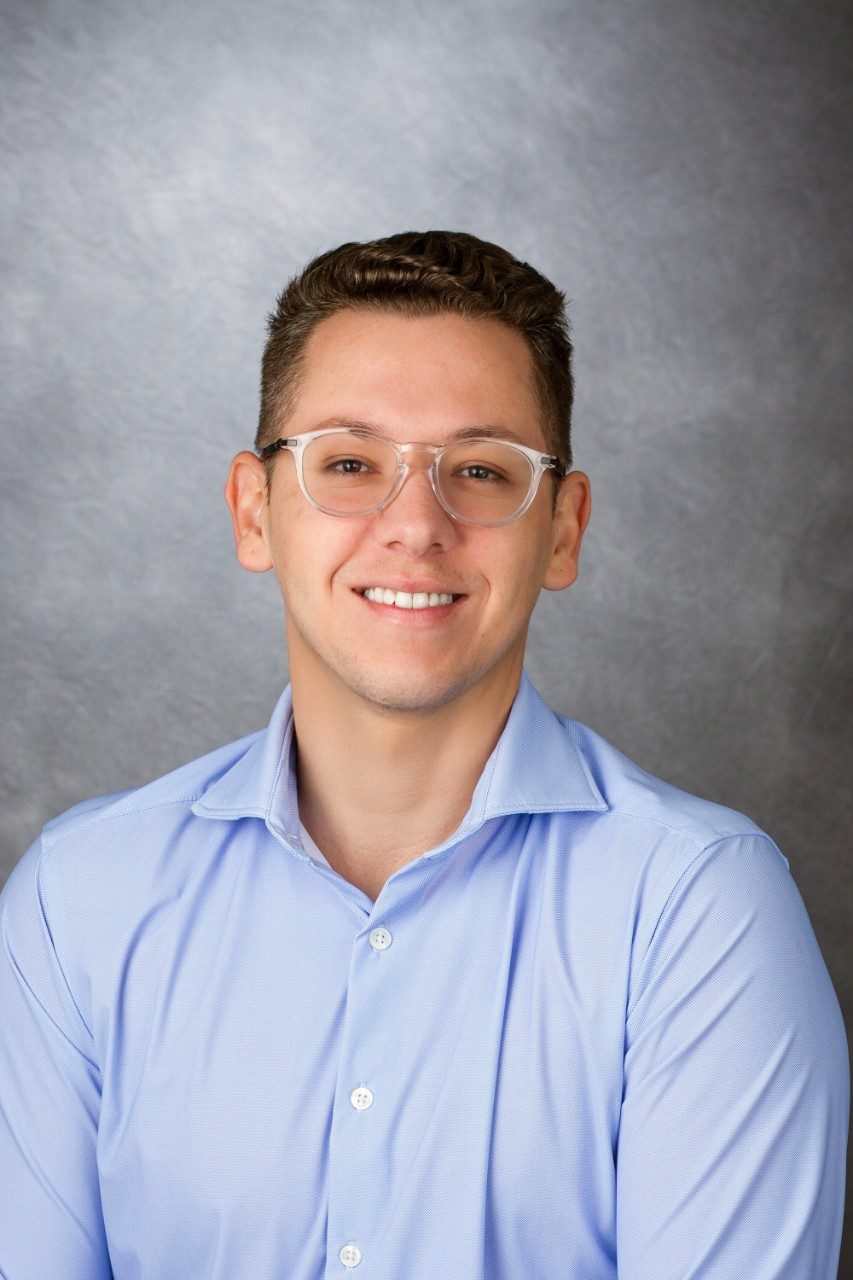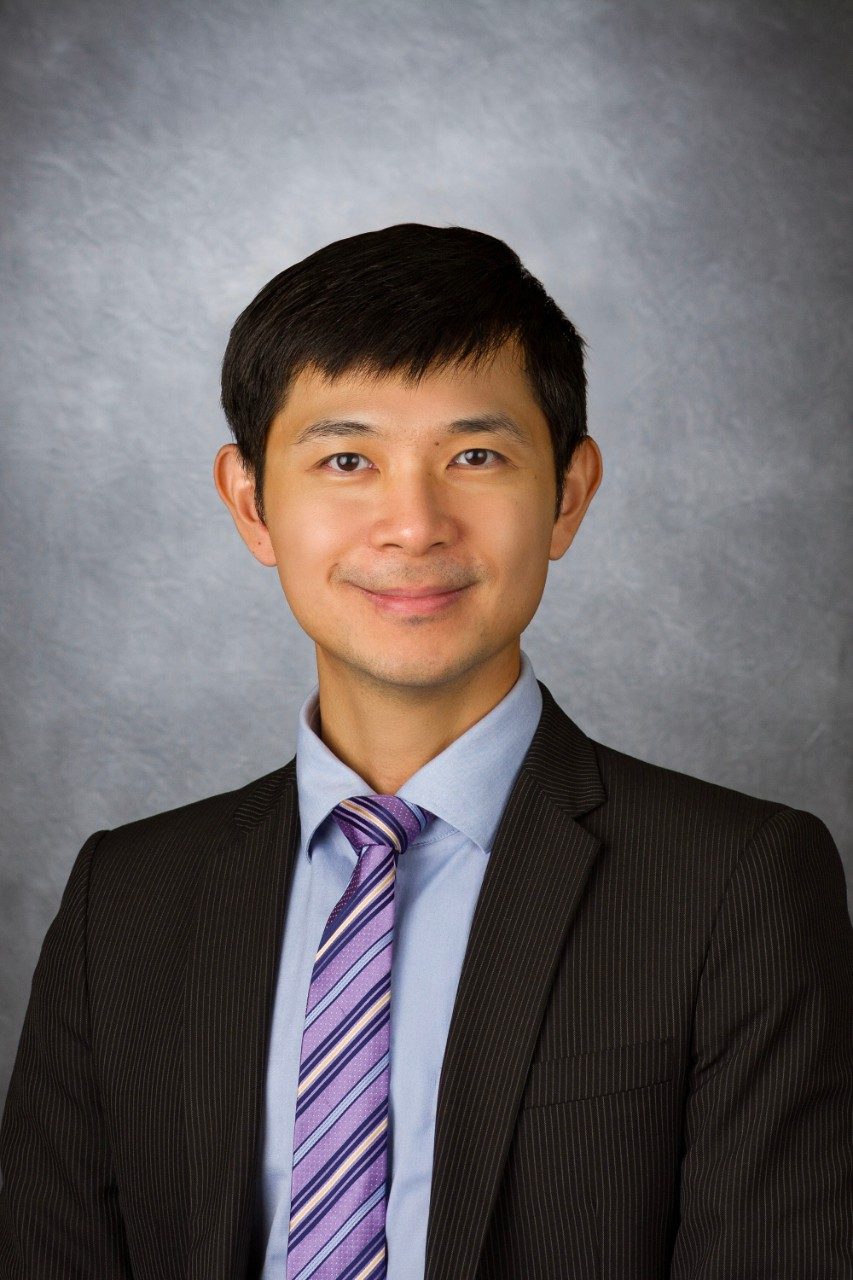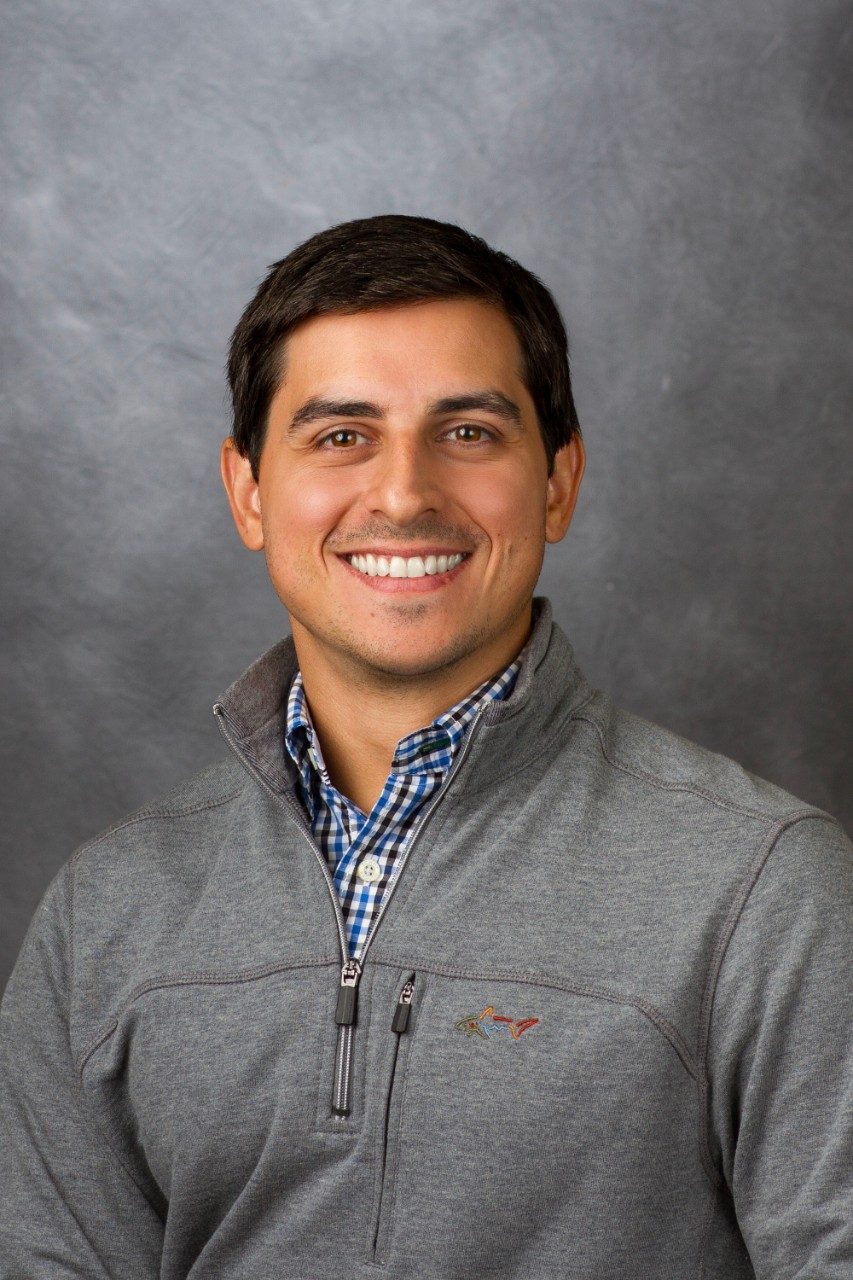Body Imaging Fellowship
The Body Imaging Fellowship in the Diagnostic Imaging division is a 12-month program. With five fellows learning from more than 55 Abdominal Imaging faculty members, the program offers extensive experiences in cross-sectional oncologic imaging that includes CT, MRI, ultrasound and PET/CT imaging. Fellows are given the opportunity to perform CT/US guided deep biopsy procedures, if they elect to. Additional electives at affiliated institutions in the Texas Medical Center, such as Memorial Hermann and Houston Methodist hospitals, to allow the fellow the opportunity to broaden their exposure to non-oncological imaging. Fellows are provided academic time to participate in multidisciplinary tumor board conferences and research activities.
State of the art equipment includes
- 38 CT scanners
- 31 MRI scanners
- 9 PET/CT scanners
- 1 PET/MRI scanner
The Center for Advanced Biomedical Imaging (CABI) allows for true bench-to-clinic research with highly trained medical/research professionals and dedicated research imaging equipment.
Letter from the Program Director

Professor
I am delighted to welcome you to the Body Imaging Fellowship Program at The University of Texas MD Anderson Cancer Center. As the program director, I have the honor of introducing you to our esteemed fellowship program, which leads the way in oncologic and body imaging, research, and education.
At MD Anderson, we are dedicated to delivering comprehensive training that empowers our fellows with the knowledge, skills, and experience needed to become experts and leaders in the field of body imaging.
Our program is distinguished by its active involvement in multidisciplinary tumor boards, which are collaborative meetings where specialists from various medical disciplines come together to discuss and plan the treatment of complex cancer patients. These boards typically include oncologists, surgeons, radiation oncologists, radiologists, pathologists, and other healthcare professionals who contribute their expertise to develop comprehensive, personalized treatment plans.
Our Fellowship Program at MD Anderson benefits from a wealth of resources, complex cases and expertise that enhance the learning experience. Our state-of-the-art MRI, CT and PET/CT scanners, and ultrasound (US) equipment provide cutting-edge diagnostic capabilities, enabling our fellows to gain hands-on experience with the latest advancements in medical imaging technology. Our magnetic resonance imaging (MRI) machines offer high-resolution images allowing for precise tumor characterization and staging for example for complex liver, prostate, gynecologic and rectal cancers. Our CT scanners provide rapid, high-resolution cross-sectional images, essential for accurate tumor detection, staging, and treatment planning. Our ultrasound systems offer superior image quality with advanced Doppler capabilities and elastography, providing real-time imaging for biopsy guidance and tumor detection and characterization.
In addition to unparallel clinical training, our program places a strong emphasis on research and academic development.
As a fellow in our program, you will have access to state-of-the-art imaging scanners, resources, and support services that are unparalleled in the field. MD Anderson offers a comprehensive and collaborative environment where fellows can thrive and grow both personally and professionally.
Thank you for considering the Body Imaging Fellowship Program at MD Anderson. We look forward to welcoming you to our community and embarking on this transformative journey together.
Our Alumni
2020-2024
2024-2025
Lydia Dawood, M.D.
Benjamin Howard, D.O.
Mohamed Issa, M.D.
Dhanwin Shetty, M.D.
Peter Young, M.D.
2023-2024
Imran Ahmed, D.O.
Lincoln Downs, D.O.
Kiran Malikayil, M.D.
Dan Nguyen, M.D.
Mindy Wang, M.D.
2021-2022
Michael Anders, M.D.
Muhammad Awiwi, M.D.
Kurt Fraivillig, M.D.
Trinh Nguyen, D.O.
Khoan Thai, M.D.
2022-2023
Ayomikun Asonibare, M.D.
Sean Burke, M.D.
Mamie Gao, M.D.
Jana Joiner, M.D.
2020-2021
Muhammad Awiwi, M.D.
Zhuoxuon 'Judy' Cai, M.D.
David Dragoo, M.D.
Sagar Naik, M.D.
2016-2020
2019-2020
Ali Baiomy, M.D.
Maryamnaz Falamaki, M.D.
Jeff Lee, M.D.
Anthony Mohamed, M.D.
Ceren Yalniz, M.D.
2017-2018
Sarah Palmquist, M.D.
Mayur Virarkar, M.D.
Lan Vu, M.D.
2018-2019
Peeyush Bhargava, M.D.
Elizabeth Birkenfeld, M.D.
Raul Valenzuela, M.D.
Mayur Virarkar, M.D.
2016-2017
Matthew Assing, M.D.
Cihan Duran, M.D.
Martin Goodenberger, M.D.
Diana Kaya, M.D.
Usama Salem, M.D.
Rajesh Thampy, M.D.
Contact Information
Sanaz Javadi, M.D.
Program Director
Division of Diagnostic Imaging, Unit 1476
The University of Texas MD Anderson Cancer Center
1515 Holcombe Blvd.
Houston, TX 77030
Email: Sanaz.Javadi@mdanderson.org
Program Manager:
Melissa Tovar
Program Coordinators:
Esmeralda Fuentes
Manuel Guillen
Department of Diagnostic Imaging - Education
The University of Texas MD Anderson Cancer Center
1400 Pressler Street, Unit 1476
Houston, TX 77030
Email: DIEducation@mdanderson.org
Phone: 713-792-8182
Related Resources
The Division of Diagnostic Imaging administers the following fellowship programs:
MD Anderson Cancer Center is committed to encouraging good health and staying true to our mission to end cancer. If you are applying for a GME fellowship or residency program starting on or after July 1, 2016, please be advised that MD Anderson will have instituted a tobacco-free hiring process as part of its efforts to achieve these goals. If you are offered an appointment, you will be subject to a Pre-Employment Drug Screen for tobacco compounds in compliance with applicable state laws. If you do not pass the urine drug screening which includes testing for tobacco compounds, you CANNOT be appointed at MD Anderson. Should you fail to meet this contingency, MD Anderson will withdraw your offer of appointment for the academic year. You may reapply for the following academic year, but there are no guarantees that you will be offered a position as many of our programs are already filled for several years out.
Our Labs
Learn more about our faculty and research taking place in our labs.
Conferences
View conferences available for continuing education credit.





